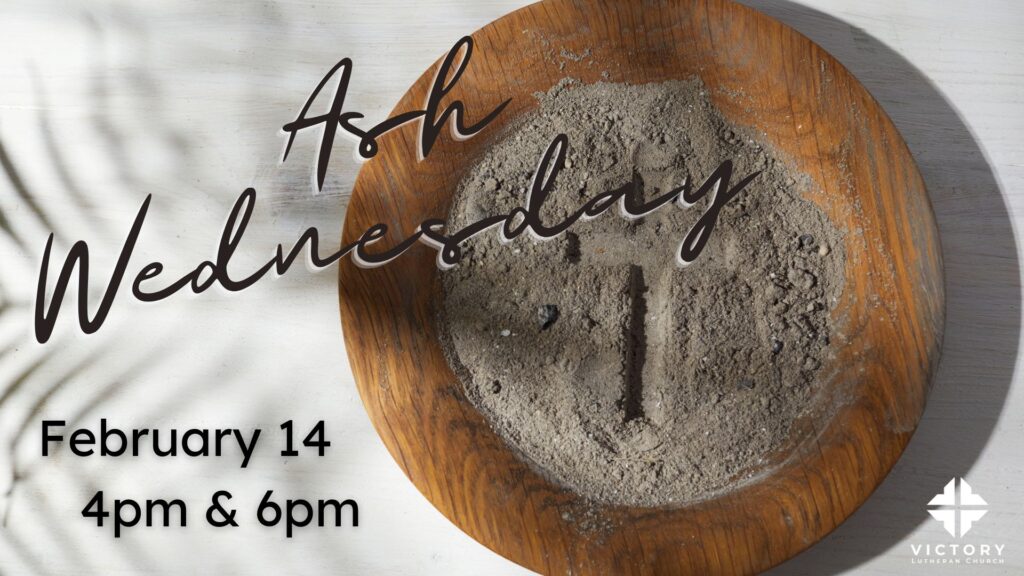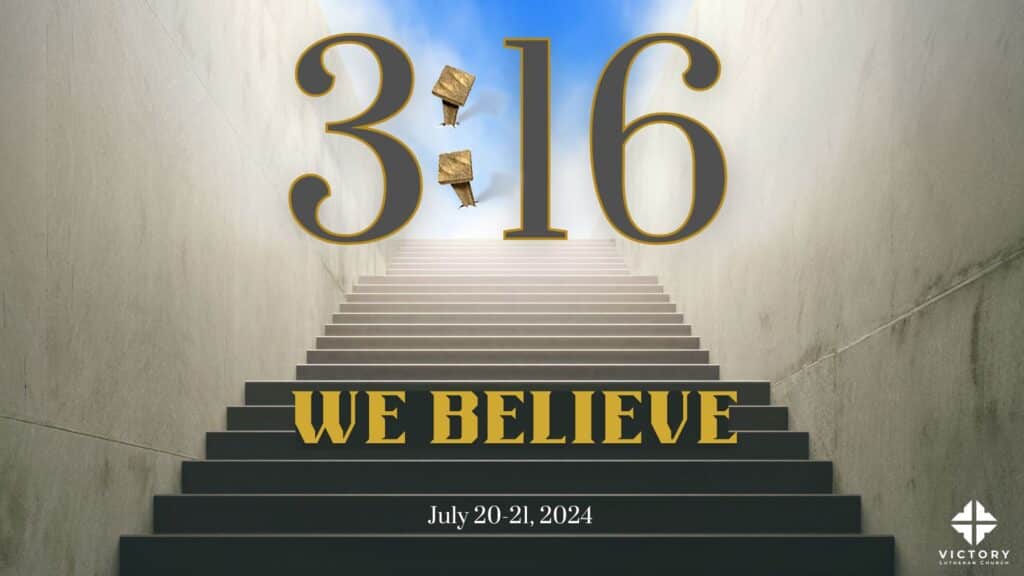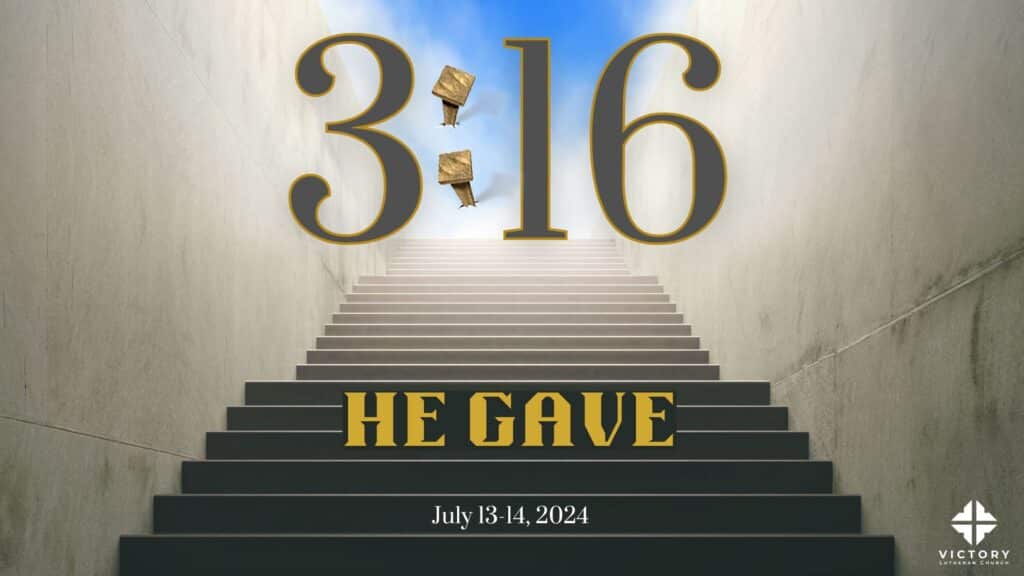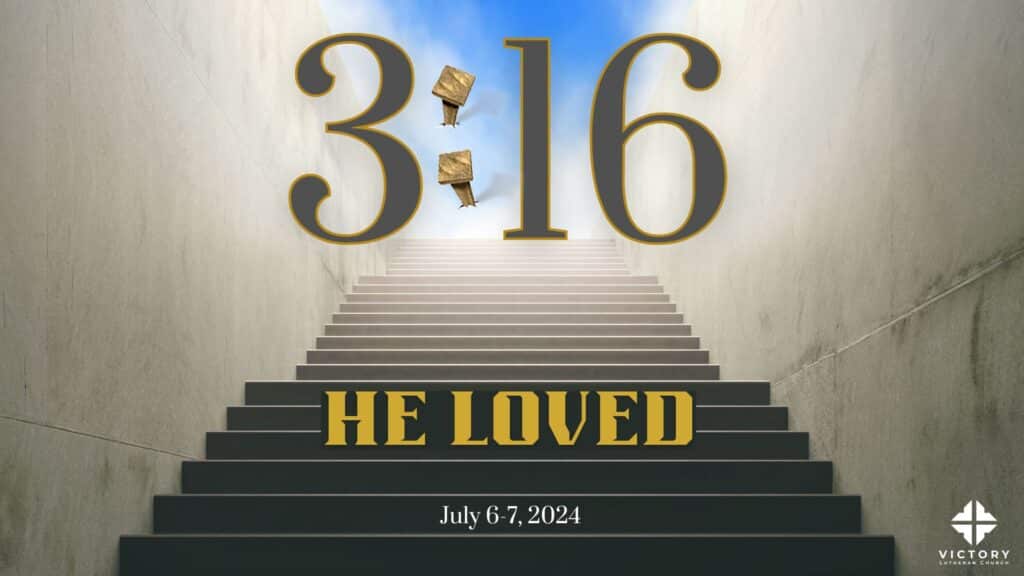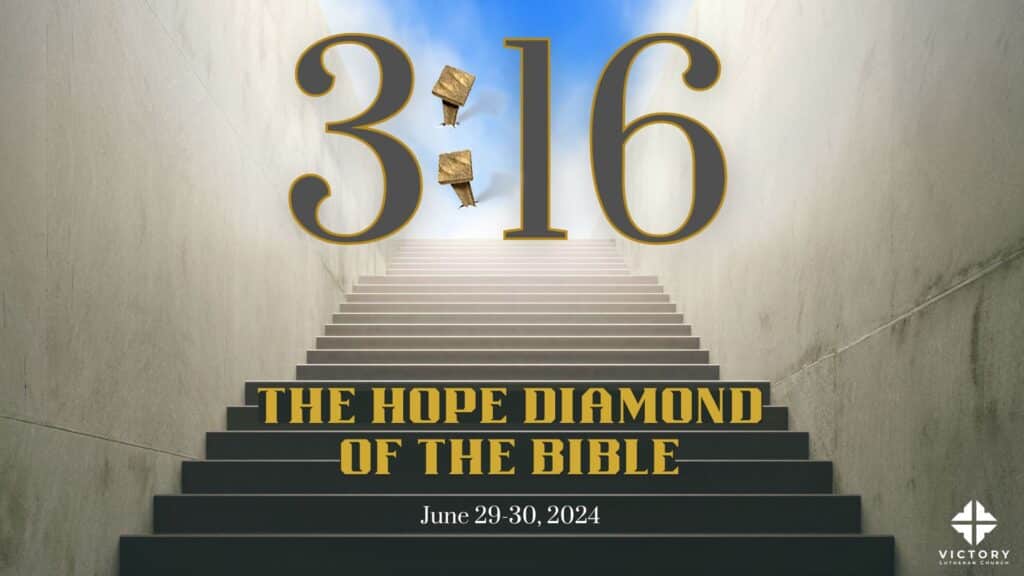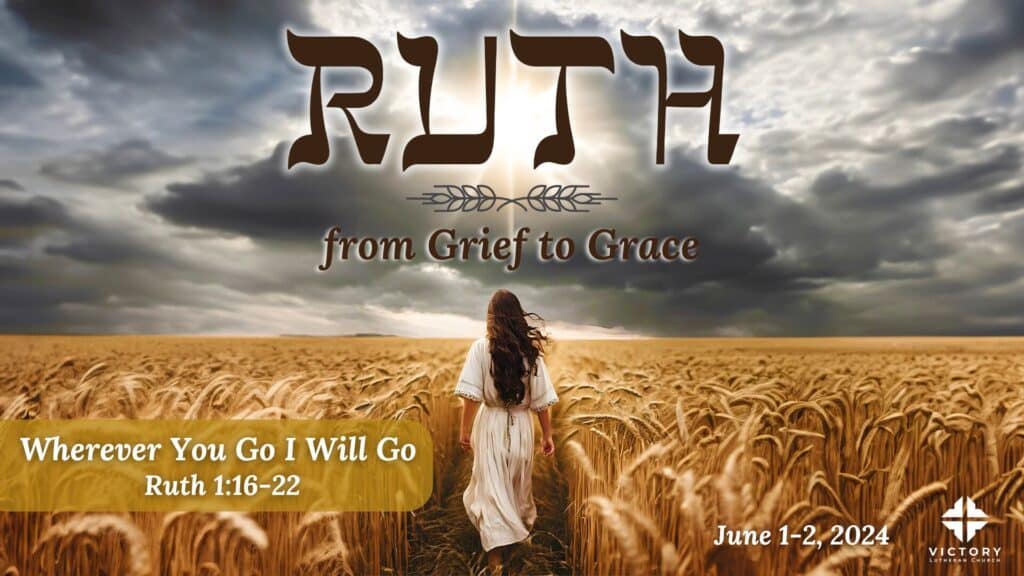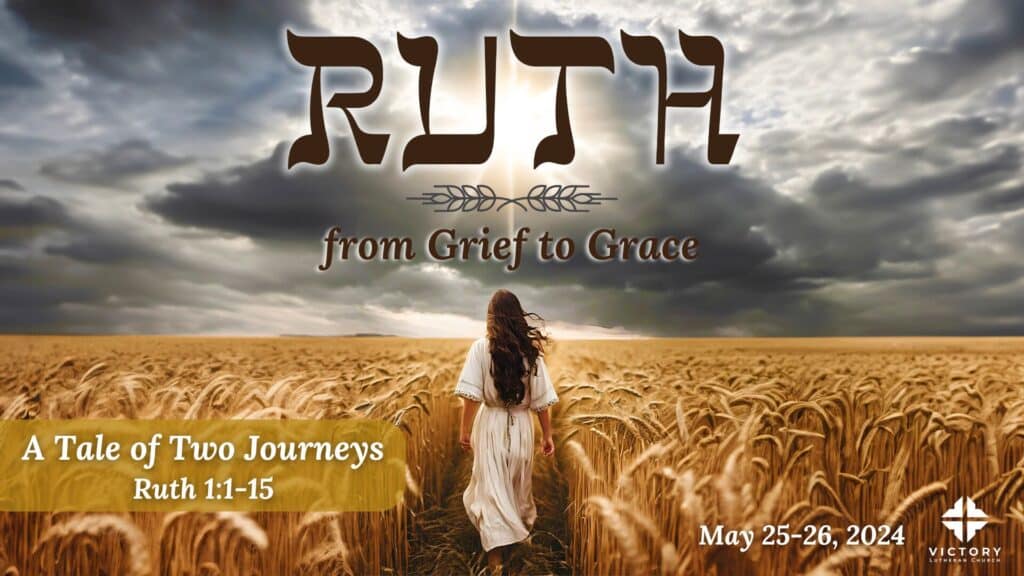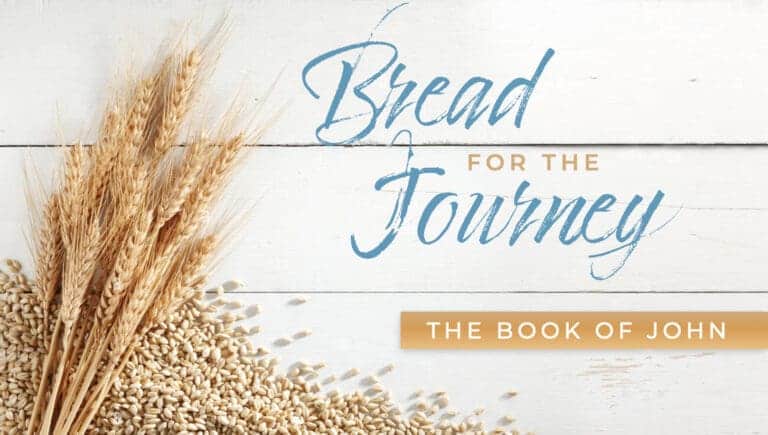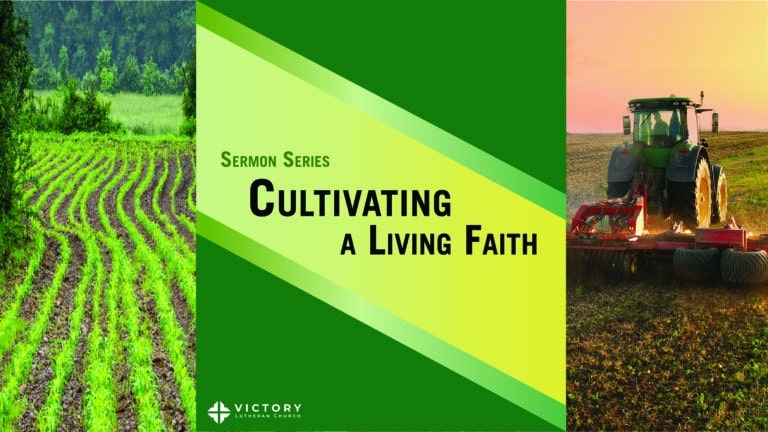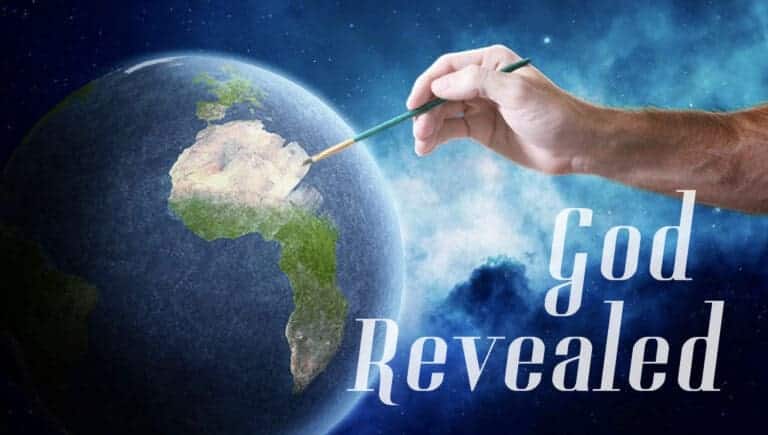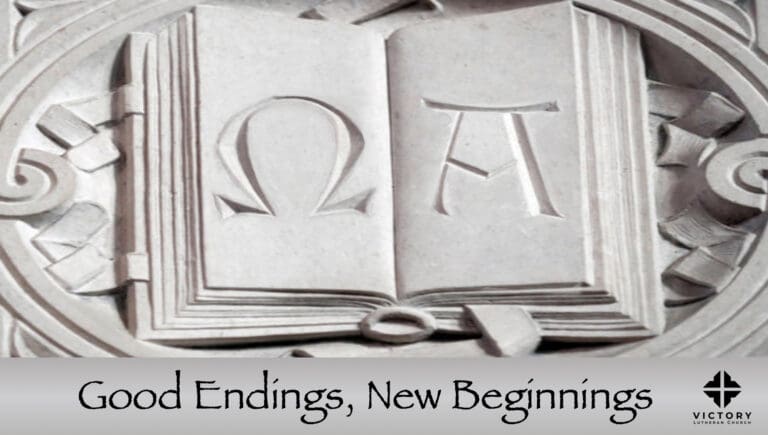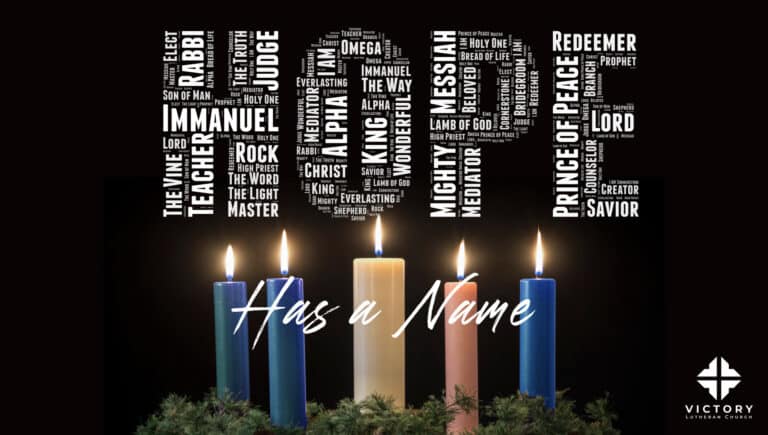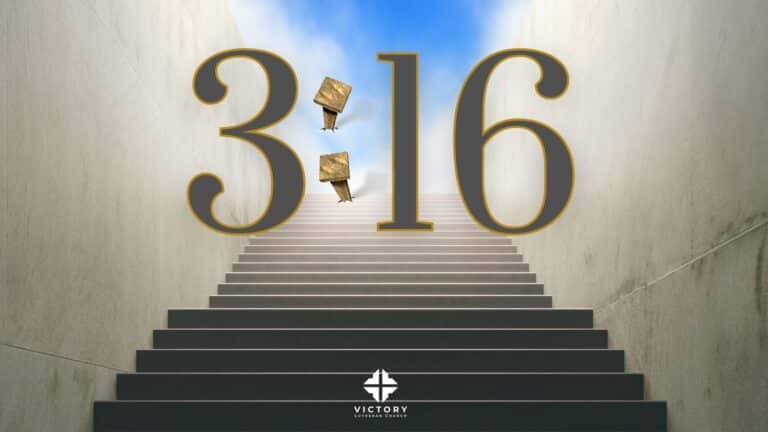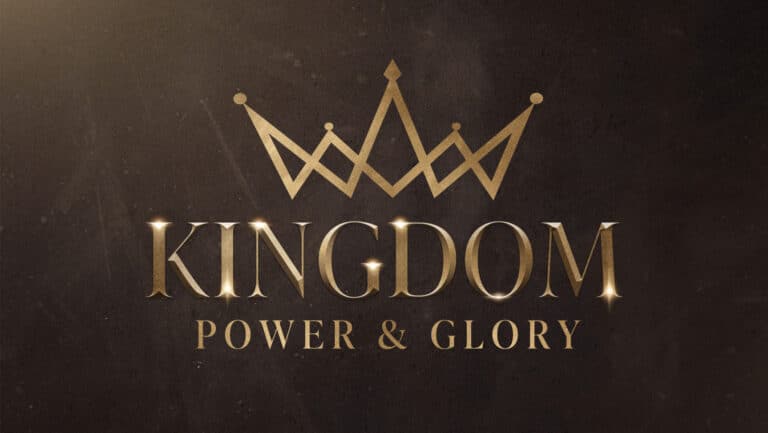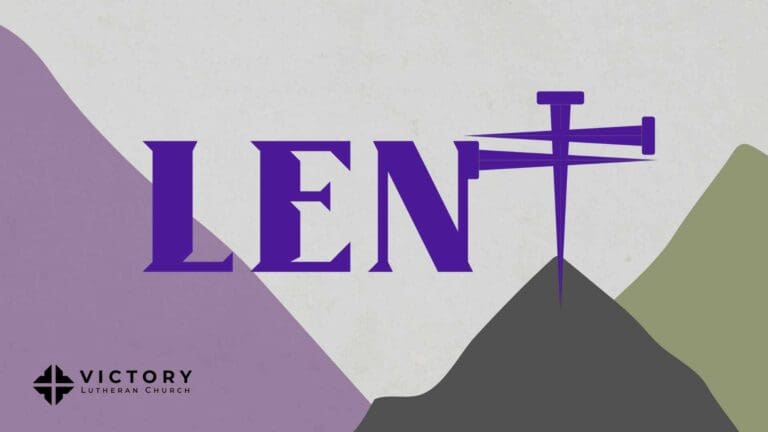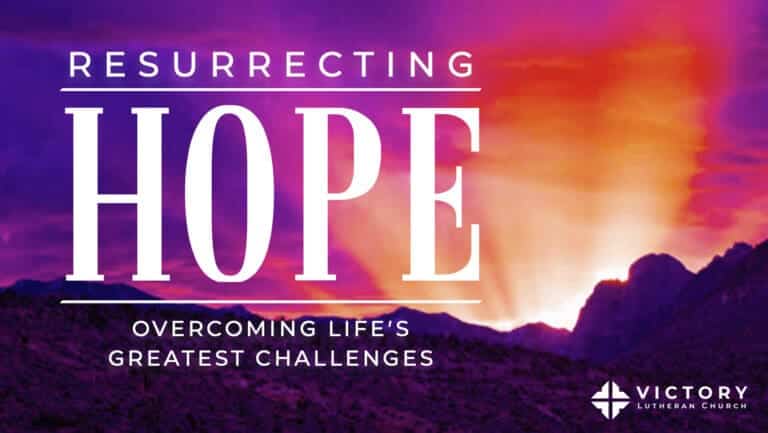You can trust me. Have you ever heard those words before? When my husband was in 6th grade, his friend Rick told him it was safe to jump a creek on his bicycle. Rick said, Trust me. The ramp is safe. It can be done. Trust me. Well, the creek was actually a drainage ditch. 12 feet wide. Five feet deep, the ramp that Jeff’s bike was supposed to sail off of Evil Knievel style was made out of cinder blocks and plywood. Rick was not trustworthy. He had no idea if the ramp was safe. So Jeff’s extreme sport creek jumping days ended with a handlebar impaled into his forehead. He still has the scar. Don’t look at him right now.
Rick was not trustworthy and Jeff got hurt. Now chances are there’s been times in your life when you needed to trust someone and they let you down. How did this make you feel? Disappointed. Betrayed. Confused. Hurt. Physically. Emotionally. Studies have shown that many of us have trust issues because the very people we’re supposed to trust have let us down. In fact, only 30 percent of all people think that people can be trusted. What about you? Have you always been trustworthy? Have you always been reliable? One in four people feel they have no one to confide in. No one they can trust. When we’re let down by the behavior of others, whom do we turn to? We need to turn to Jesus. Jesus wants us to trust Him. And we find His promise. In the wine soaked sponge, his word is reliable and true. Open up your Bibles, if you have them, and we’re going to look at John chapter 19, verses 28 through 30. Later, knowing that all was now completed, and so that Scripture would be fulfilled, Jesus said, I am thirsty. A jar of wine vinegar was there, so they soaked a sponge in it, put the sponge on a stalk of the hyssop plant, and lifted it to Jesus lips. When he had received the drink, Jesus said, It is finished. This is the word of the Lord. Will you please join me in prayer?
Good and gracious God, help us to draw closer to you by hearing your word of promise. That we can trust you because of who you are. You are God incarnate. You’re our Savior. You are for us. And when you are for us, who can be against? Grace to you and peace from God, our Father. And Lord Jesus Christ, Amen. Trust. Is it as hard for you as it is for me to find someone to trust? You know, perhaps our difficulty in trusting is because we ourselves aren’t always trustworthy. I know, I have not always told the whole truth and nothing but the truth. Why? Well, because for one thing, when we tell the truth, um, it can make us vulnerable. Because the actual truth might be, I am scared, I’m tired, I’m uncertain, I’m unqualified. In our gospel reading today, Jesus tells us to trust him. Now, not overtly, you didn’t actually hear him say those words, trust me, but we do find the phrase that makes it easier to trust him, And what he’s doing on the cross is when we read, so that Scripture would be fulfilled, he said, I thirst. So that Scripture would be fulfilled, he said, I thirst. Think about that for a moment. Jesus said, I thirst. Okay, did you ever stop to wonder about that? Why Jesus came to earth and stayed as long as he did? I mean, he’s God, right? Couldn’t he have done what he needed to get done in three days instead of thirty three years?
Think about it. He’s fully God. Why did Jesus endure all of the pain and all of the suffering of being here fully human? surrounded by sinful people. Being human meant Jesus had to endure hunger, thirst, sore feet, bad tempers, and probably a few sunburns along the way. He also had to endure ridicule, misunderstanding, and rejection by even his closest friends. Right before his crucifixion, he was spat upon. bruised, cut, beaten, and bullied by what we now believe was maybe 200 Roman soldiers. He took all our sins and experienced a painful, prolonged death on a cross, where for a moment even his own heavenly father abandoned him. But during his 33 years here on earth, Jesus didn’t just experience a torturous death.
He experienced an earthly life. Why? Why did Jesus endure this life? Jesus endured this life because He wants us to trust Him. Jesus wants us to know He is the promised Messiah, whose death freed us from the ultimate penalty for our sin. For Jesus’s entire life, up to the final act of death on a cross, was intended to win our trust because it was the fulfillment of Scripture. Author Max Licato, in his book, He Chose the Nails, reminds us that Jesus, as fully God, He could have stopped all of this pain and suffering during his 33 years here on earth. I mean, remember, Jesus is the one who changed water into wine, right? He’s the one who healed the sick. He brought sight to the blind. He calmed the storm. He’s the one who was there at the beginning of creation and with a word created the heavens and the earth. He’s the one who said in Isaiah 44, 3, I will pour water on him who is thirsty. So why did Jesus endure thirst? Okay, here’s a few more questions. Why did Jesus grow weary in Samaria, disturbed in Nazareth, angry in the temple, sleepy in the boat, sad at the tomb of his good friend Lazarus? hungry in the wilderness. And why? Why did he endure thirst on the cross? Now during Lent, we focus on Jesus’s final days on earth and his final words on the cross. And one of Jesus’s final words was, I am thirsty. Jesus, our God, was thirsty. Okay, here in Arizona, we know a little bit about being thirsty, don’t we? I mean, we live in the desert. The humidity can drop to sometimes below eight percent. You’re thirstiest. Your tongue sticks to the roof of your mouth. Thirst can be excruciating. Did you know that if you actually thirst too long, your brain will shut down? So Jesus, who was fully man and fully God, suffered on a cross, and one of his final words were, I thirst.
It’s such a human response, isn’t it? Cracked lips from the sun, lack of moisture so your mouth feels like it’s stuffed with cotton, throat so dry you can’t swallow because there’s no moisture left. That’s what thirst is. And by the time Jesus says that he’s thirsty, he’s been on that cross for six hours and he’s lost a great deal of blood. And the body’s response from this loss of a great deal of blood is deep dehydration. And so therefore, extreme thirst. And if you think about it, the last drink that Jesus had was actually the night before at the Passover supper. Since that last sip of wine, Jesus has been beaten, spat upon, cut with thorns. He had to carry his own cross, stripped of his garments. And Nailed to a cross, and is now hung there for six hours. When Jesus said, I thirst from the cross, Jesus was actually fulfilling a prophecy. And this was in Psalm 22, verse 15. My mouth is dried up like a pot shirt, and my tongue sticks to the roof of my mouth.
You lay me in the dust. Amen. of death. Now, did you know that actually one of the great heresies of the early church was that Jesus wasn’t human? Yeah. But as Jesus fulfilled this scripture of Psalm 22 saying, I thirst, he showed both his deity and his humanity. Because thirst is a very human desire. Through Jesus expressing, I thirst. He’s saying, trust me, trust me, I am who I say I am. His expression of thirst demonstrates his true humanity. Think about it. Angels don’t thirst. Ghosts, who some said Jesus was, don’t thirst. Thirst is a very human emotion. It’s common among the poorest, the beggars. And our Lord endured thirst to an extreme degree. It was the thirst of death. The words, trust me, aren’t found in the statement, I thirst, but the passage right before it says he asks for a drink to fulfill the scriptures. This is the point of trust. Jesus saying to us, I am the one that was written about. In the scriptures, you know, each part of the passion is a fulfillment of the scriptures.
Betrayal by Judas, casting lots for his clothes. His legs were not broken. His side was pierced. There were, in fact, 20 Old Testament prophecies fulfilled just in the last 24 hours of Jesus life. During his 33 years here on earth, he fulfilled Three hundred and thirty two Old Testament prophecies. All of these fulfillments say, trust me. Why say I thirst now? You know, six hours earlier, according to Matthew’s gospel, Jesus had actually been offered a drink. He sipped it and then he refused it because it was wine mixed with what’s called gall. all. And gall is a mixture of myrrh, and that’s actually what myrrh looks like. And myrrh might be familiar to you because myrrh was one of the gifts of the wise men from the east when Jesus was a child. Now, this gall drink is said to have sedative properties. Myrrh or bitter herbs would be added to wine. to dull the sensation of pain. And this wine, which some translations call vinegar, well, it was the cheapest and easiest wine around, so the Roman soldiers often had it at crucifixions. Now, Jesus, he knew to accept this wine six hours earlier would actually lessen sin’s punishment. And Jesus came to bear the full cost of our sin. And not take an easy way out. So Jesus refused the drink six hours earlier. But this time, nearing his death, Jesus said, thirst. And in response to Jesus’s request for something to drink, the soldiers offered him this cheap wine. John 1929 says, a jar of wine vinegar was there.
So they soaked a sponge in it, put the sponge and a stalk of hyssop plant And lifted it to Jesus’ lips. Every part of this has scriptural significance. Now, the plant that was used to reach up to Jesus’ lips. It’s a hyssop branch. And hyssop is a common plant in Israel. And the stalks can grow to about six feet long. That’s actually a very pretty picture of it. So the stalk could actually reach up to Jesus mouth. I told you that this has biblical hyssop was used? Hyssop was the plant that was used To cover the lamb of the blood during the Passover while they were still in Egypt. And now, on the cross, the perfect lamb of God is going to give his blood to save mankind. Jesus wants us to trust him. Trust me, he says when he cries out, I thirst from the cross. This time, nearing death, he does accept the wine. The wine soaked sponge. This is so profound. The reason is because he wants his lips to be moistened. He wants his throat to be strong so that he can yell out in one victorious phrase, It is finished.
Matthew, Mark, and Luke’s Gospels all say that speaking these words, It is finished, he cried in an exceedingly loud voice. It is finished. You know why? It was to show that his strength had not been extinguished. He’s about to give up his life on his own accord. Jesus says, trust me, because what he came for has now been accomplished. Trust me. Gosh, we have such a hard time with that word. Even with Jesus dying on the cross, we have a hard time trusting him. Consider why Jesus continues until his very final breath to refer us to scripture. It’s because he knew we would doubt him. And so he had to systematically fulfill the Old Testament prophecies. As I said, throughout his life he fulfilled 332 prophecies. Okay, for my math wizards out there, the odds of some random person being able to do this? One in 840 to the 97th power. For you non math people, that’s 840 with 97 zeros. Why? Why did Jesus endure life and all the pain that goes with this life? Well, Jesus endured this life and the pain of death because he knew you and I would feel it too. Jesus knew we were going to be weary, and sad, and hungry. Jesus knew we would feel pain either in our bodies or in our souls. Jesus knew we would face thirst, either literally, here in Arizona, or figuratively, thirst for truth.
Jesus understands. The truth that we glean from the wine soaked sponge is that we can trust Him. He understands. Jesus understands our pain. Our suffering, our feelings too deep and too painful to share with anyone else. We honestly can come to him in all circumstances. The author of Hebrews 4 15 reminds us, for we don’t have a high priest who’s unable to sympathize with our weakness. We have one who is tempted in every way, just as we are. Yet he was without sin. Whom can we trust? Through the wine soaked sponge, we get the message from our Lord and Savior that He is the Christ and we can trust Him. Christ wants all who struggle to hear the invitation to trust Him. Even to His dying breath, Jesus offers proof He is the Messiah. Trust is important in relationships. It doesn’t happen immediately. It needs to be built up over time. For It’s built through consistency. Christ is trustworthy. Christ died for you. Worthy is the lamb who was slain. Christ proclaimed thirst. Just to lay down one more plank on a sturdy bridge that you and I can walk across. Doubters and all, Jesus confession of thy thirst is a signal to all of us. He’s the one. He’s the messiah, the message through the wine soaked sponge. Trust me, I am.





